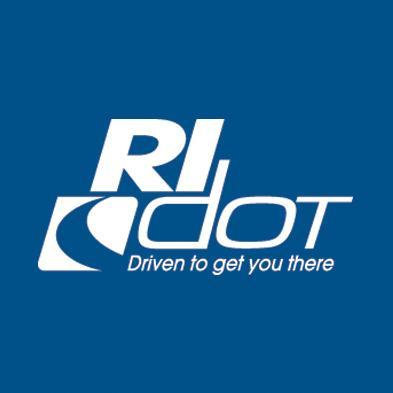The Rhode Island Department of Transportation seeking proposals from companies that can test and eventually deliver an “automated vehicle service” to fill a transportation gap between downtown Providence and Olneyville via the Woonasquatucket River corridor. Proposals from are due by mid-summer, with the contract award expected in the fall and initial testing of a pilot mobility service occurring perhaps as soon as the end of this year.
Dubbed the Rhode Island Transportation Innovation Partnership or “TRIP” mobility challenge, this effort involves the formation of a public-private partnership, with the private company selected to work with RIDOT tasked to identify and propose a route and schedule of operations, then subsequently plan, design, test and operate a pilot mobility service. RIDOT said it is also working with the City of Providence, the Rhode Island Public Transit Authority (RIPTA), and the Quonset Development Corporation – among others – as part of this program.
“Our eyes are on the future [on] how to make the best decisions today to ensure Rhode Island is ready to effectively and safely embrace the vehicles and transportation systems of tomorrow,” noted RIDOT Director Peter Alviti, Jr., in a statement.
This particular agency program is targeting what it describes as the “densely populated neighborhoods” within the Woonasquatucket River Corridor as a potential location for using “connected and highly automated and/or autonomous vehicles” to link it to downtown Providence. In doing so, it would fill a transportation gap in an area of burgeoning development and serve travelers affected by construction associated with the 6-10 Interchange project.
Overall, RIDOT said it hopes to achieve the following goals with this autonomous transit project: improve transportation safety, especially during the “transition period” when autonomous technologies are being integrated with traditional vehicles; reduce fuel consumption and traffic congestion; buttress economic growth and workforce opportunities; provide an infrastructure-based “information-gathering platform” for data sharing to expand and improve transportation systems while protecting the privacy of users.
Running concurrently with the above effort, RIDOT and its project partners plan to form a research team that draws from a range of local school to build on an “academic dialogue” the agency kicked off last year at its TRIP Expo, hosted at the New England Institute of Technology. RIDOT said it plans to start requesting research proposals this spring with a submission deadline in the summer.

